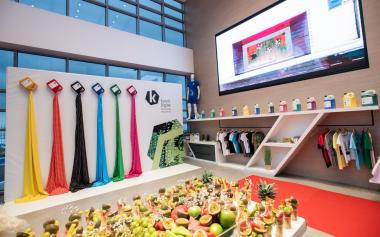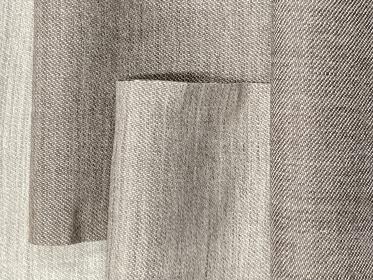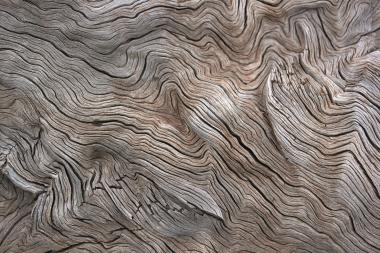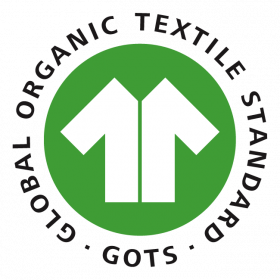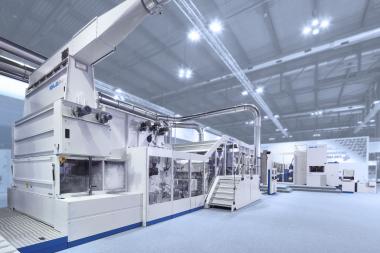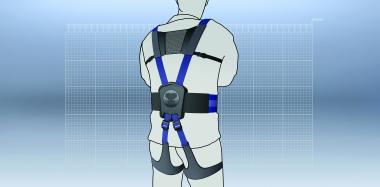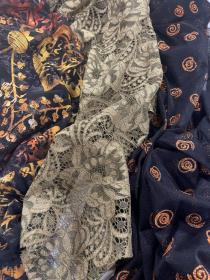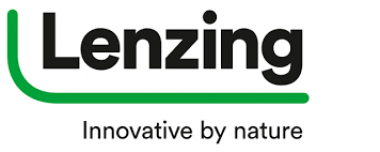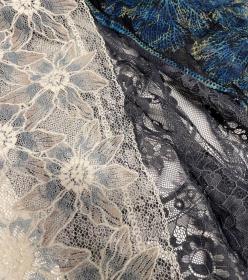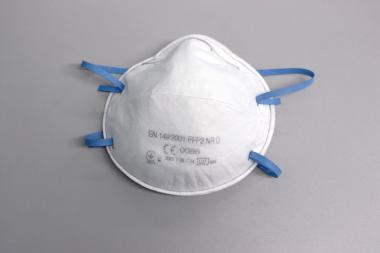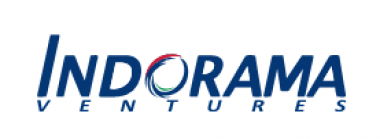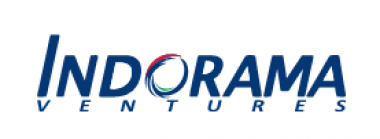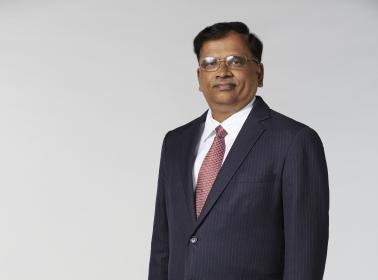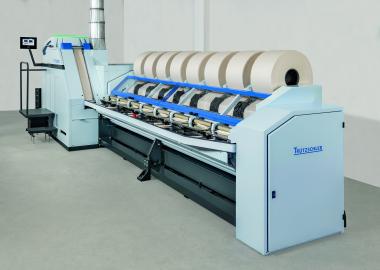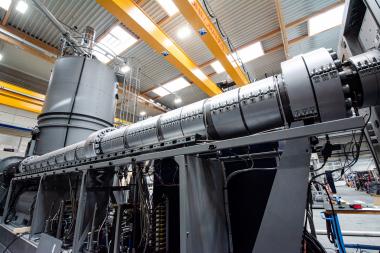Kornit Digital unveils Ink Manufacturing Site in Israel
Kornit Digital Ltd. announced on 26th January the official opening of its new scalable, state-of-the-art ink manufacturing facility in Kiryat Gat, Israel.
The modern, 11,000-square-meter facility incorporates advanced automation, sophisticated workflows, and innovative technologies for production optimization. The new high-volume production facility is expected to fulfill global demand for Kornit consumables for the next decade.
Recently completed at an estimated investment of $25 million USD, the facility was built in accordance with the highest quality, safety, and security standards, reflecting the Company’s commitment to environmental, social, and governance (ESG) targets embedded in Kornit Digital’s 2020 Impact Report.
“This is a key milestone in our journey to become a $1 billion company by 2026 and will ensure we can support the tremendous growth our customers are experiencing, for many years to come,” said Ronen Samuel, Kornit Digital’s Chief Executive Officer. “We are proud to lead the charge for a cleaner and more responsive textile industry as we continue to write the operating system for sustainable fashion and textiles on demand.”
Kornit Digital / pr4u


